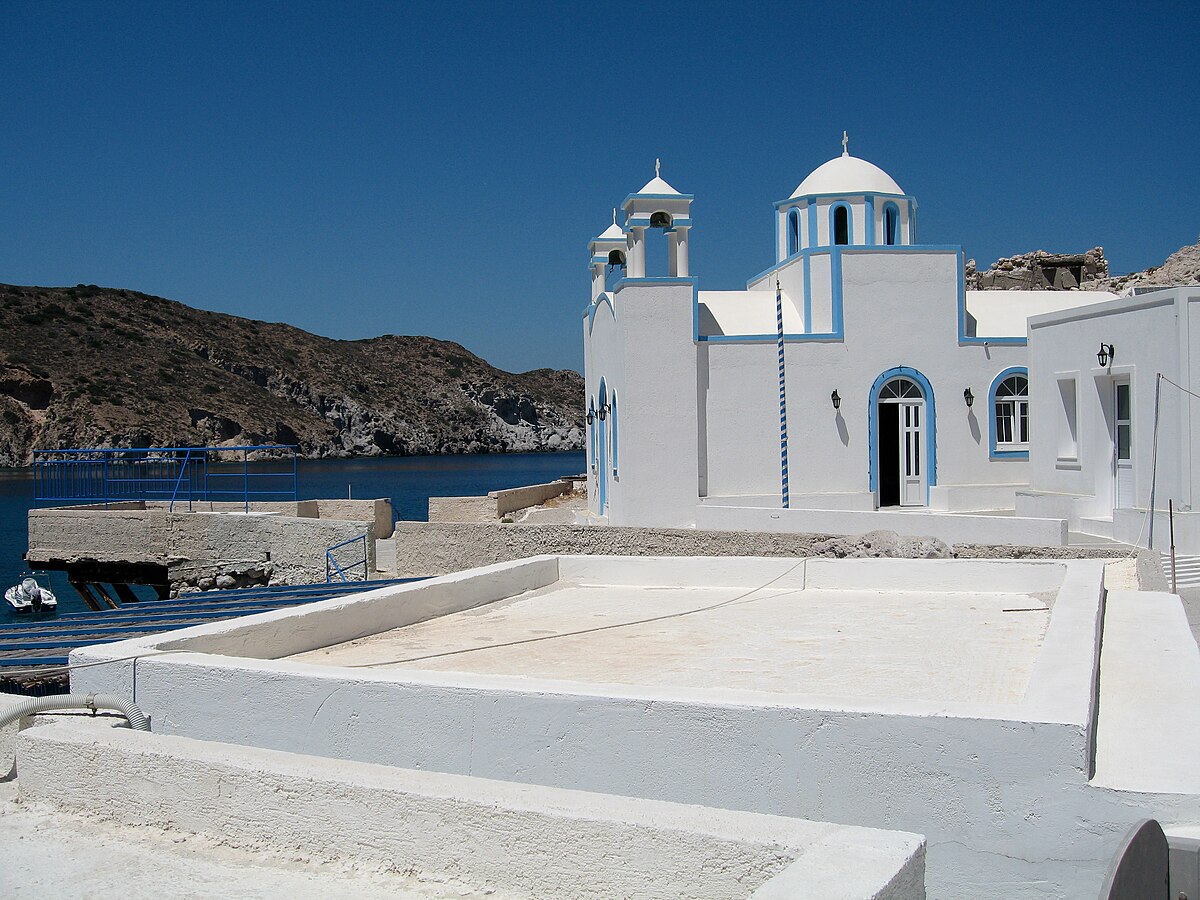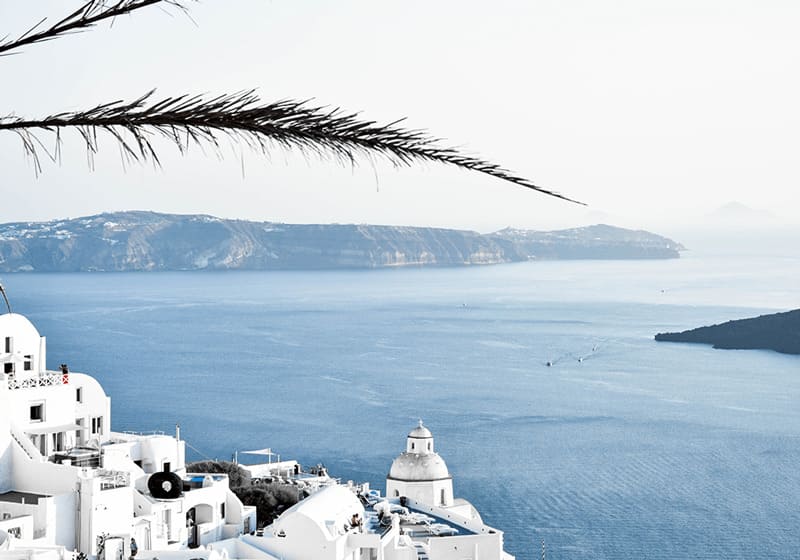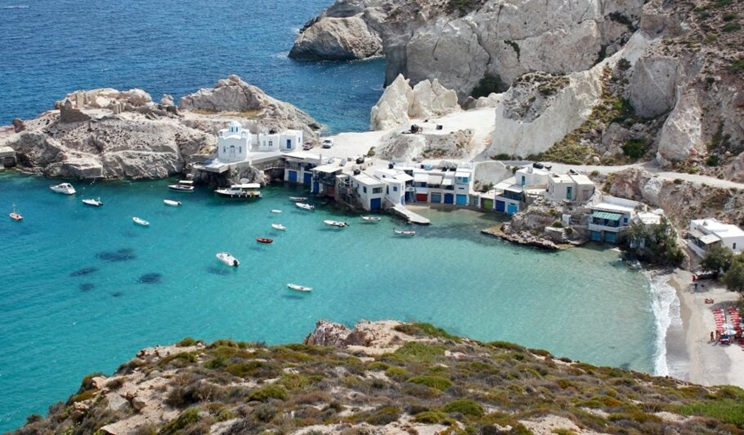By Evi Chrysohery,
Tourism is one of the most important and rapidly growing sectors on a global scale. It is a socio-economic phenomenon that exerts significant influence and demonstrates a remarkable ability to adapt to economic changes. Many countries rely heavily on tourism as a cornerstone of their economy, reaping substantial benefits and reinforcing the tourism industry as a powerful driver of international economic growth.
Greece is a prime example of a country where tourism plays a central role in the national economy. The tourism sector is one of the country’s primary sources of revenue, with Greece consistently ranking among the world’s top travel destinations. Its rich cultural heritage, historical significance, and exceptional natural beauty continue to attract millions of visitors each year, contributing not only to the economic well-being of the nation but also to its global cultural presence.
In particular, the islands of the Aegean and the Ionian Sea have evolved into world-renowned dream destinations. These precious gems are celebrated for their untamed natural beauty, abundant sunshine, and endless shades of blue that stretch across pristine beaches—all complemented by exceptional local cuisine. Tourism campaigns frequently portray these islands as idyllic havens for relaxation and carefree getaways, offering the perfect escape from the fast-paced rhythm of urban life.
However, year after year, tourist arrivals in Greece continue to soar—or at best, remain consistently high. As time passes and profit-driven development takes precedence, the once-pristine charm of these regions has begun to deteriorate. The steady transformation of untouched landscapes into commercialized zones has triggered growing concern, sounding the alarm for a looming environmental crisis. What was once seen as paradise now faces serious threats from overdevelopment, strained infrastructure, and ecological imbalance.

More specifically, the permanent population of most Greek islands is relatively small. However, this changes dramatically during the tourist season, when the number of inhabitants often triples. A striking example is the island of Amorgos, which in the summer of 2023 hosted over 100,000 visitors—an extraordinary figure given its size and infrastructure. Even oversized cruise ships made stops there, raising questions about the island’s capacity to accommodate such intense tourism flows sustainably.
This surge places tremendous pressure on local resources and infrastructure, prompting increasing frustration among residents. One of the most persistent and pressing issues across Greek islands is water scarcity, a problem that intensifies during peak months when demand skyrockets. Simultaneously, the environmental burden grows: pollution from marine fuels and air traffic contributes to atmospheric degradation, while the sharp rise in energy consumption—largely generated through non-renewable sources—further harms the delicate natural environment. The struggle to balance economic gain with ecological preservation is becoming ever more urgent, and the situation on islands like Amorgos serves as a clear warning of what happens when growth is not guided by sustainability.
As previously mentioned, Greece has, over the years, established itself as an increasingly prominent global tourist destination. This growing popularity has given rise to a wave of large-scale development, particularly in the hospitality sector. Traditional restaurants and local businesses are being replaced or absorbed by luxury hotels, resorts, and private villas. This rapid transformation has led to widespread urban planning violations and uncontrolled construction, often disregarding fundamental architectural principles and the natural aesthetics of the islands.
In many cases, local regulations are overlooked or bent to serve the interests of investors, with little regard for long-term sustainability. The result is a disfiguring of once-pristine landscapes and a homogenization of architectural identity—all in the name of profit. What was once a harmonious blend of built and natural environment is now at risk of being lost to unchecked commercialization, threatening the very essence of what made these islands attractive in the first place.
This situation has caused increasing frustration among local residents, as the conversion of traditional homes into short-term rental accommodations has made it difficult for ordinary people to find housing. Even when properties are available, rental prices often far exceed what most citizens can afford—especially when compared to the country’s modest average wages.

A particularly vulnerable group are substitute teachers and seasonal public servants who are assigned to work in these areas. Many are simply unable to cope with the skyrocketing cost of living. In some cases, tenants are explicitly informed by landlords that they must vacate the premises at the start of the tourist season, as owners plan to re-list the properties at significantly higher prices for short-term holiday rentals. This seasonal eviction practice further intensifies housing insecurity and highlights the growing gap between tourism-driven development and the everyday realities of local communities.
While tourism continues to be a vital pillar of Greece’s economy, its uncontrolled expansion is taking a visible toll on both the environment and local communities. Overdevelopment, housing shortages, and rising living costs are symptoms of a deeper imbalance between profit and sustainability. To protect the unique character of the Greek islands, there must be a clear shift toward responsible tourism—one that respects natural limits, supports residents, and safeguards the long-term future of these treasured destinations.
References
- Analysis of the impact of tourism flows on environmental degradation. Case study: Municipality of Naxos & Small Cyclades, Greece. Research Gate. Available here
- For the Cyclades, mass tourism is a financial windfall, but it’s also a cause for concern. Le Monde. Available here




